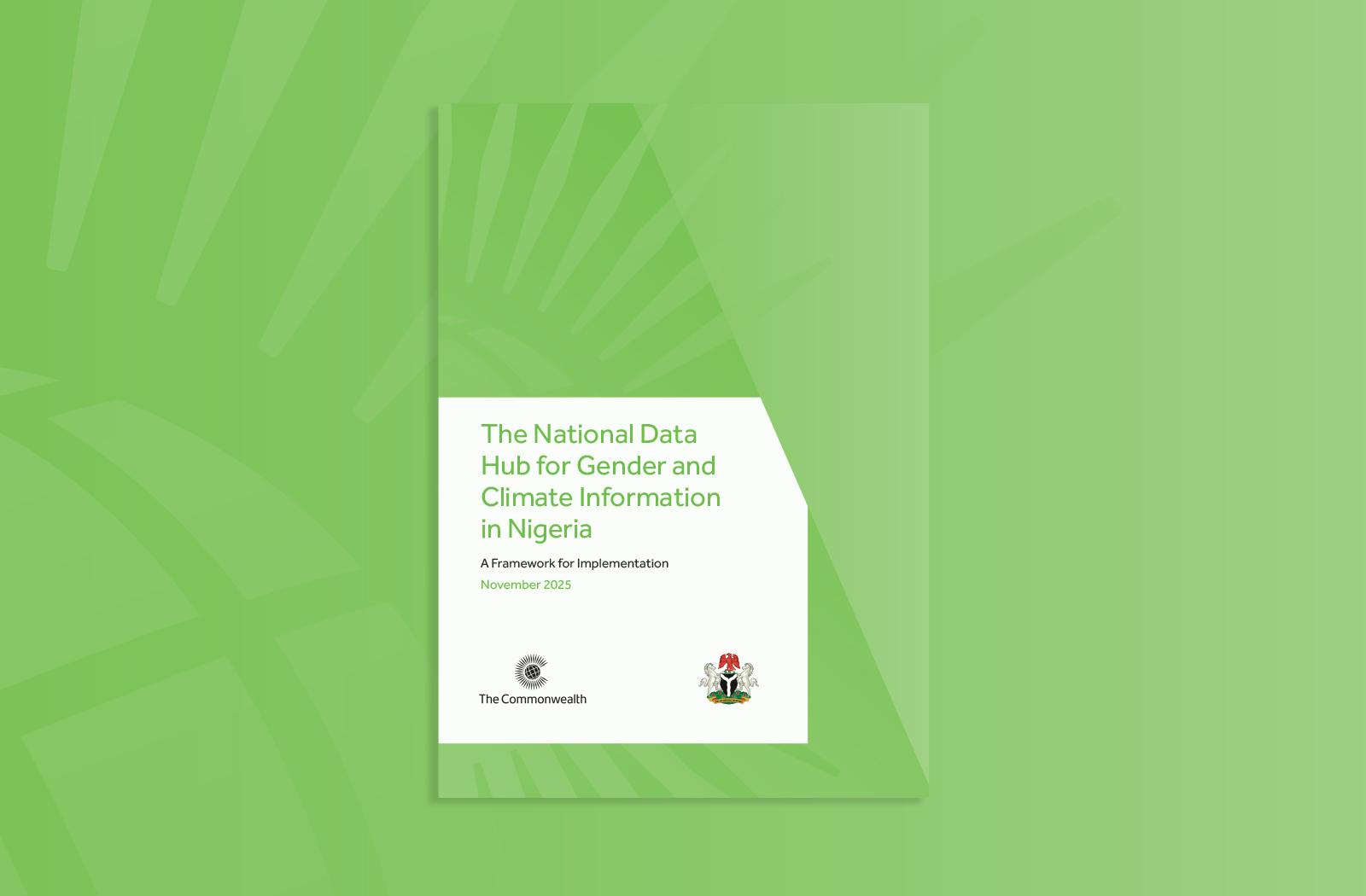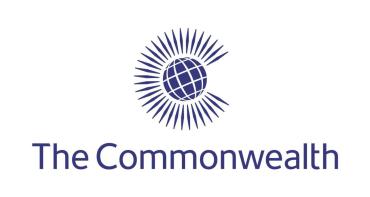
Nigeria faces growing climate risks: floods, droughts and desertification that disproportionately affect women, youth and vulnerable communities. Yet the dearth of gender-disaggregated, real-time and decision-relevant data severely limits the country’s ability to design inclusive, effective, and equitable climate responses.
To address this critical gap, Nigeria, through the National Council on Climate Change (NCCC) and its partners, proposes the establishment of a National Data for Gender and Climate Information (Data Hub). The Data Hub will serve as a centralised, policy-linked platform to generate, harmonise and disseminate gender-responsive climate data across sectors and regions. By integrating data from both state and non-state actors, the Hub will enable evidence-based decision-making, strengthen institutional accountability and ensure that Nigeria’s climate actions reflect the lived realities of all citizens.
Building on national policy commitments such as the Climate Change Act (2021), the National Action Plan on Gender and Climate Change (2020–2025) and international obligations under the Paris Agreement and the Enhanced Transparency
Framework, the Data Hub will deliver on the following objectives, among others.
- Systematically collect gender-disaggregated climate data across sectors, including agriculture, health, water, energy, disaster risk reduction, and governance.
- Strengthen institutional capacity to apply gender and inclusion lenses to climate policy, planning, and finance.
- Provide interactive, accessible platforms for data visualisation, localised reporting, and decision support tools.
- Enhance Nigeria’s eligibility for climate finance by meeting funder requirements for gender-responsive data and transparency.
- Promote inclusive participation through engagement of women, youth, indigenous groups, civil society, and private sector partners.
The Data Hub will be implemented over a two-year period in two main phases:
- Foundation and Early Impact, focused on governance structures, gender-responsive data standards, pilot collection, and stakeholder co-ordination
- Expansion and Integration, covering sectoral data integration, interoperability with existing platforms, and nationwide capacity-building.
Sustainability will then be ensured through multi-level co-ordination, government ownership, and diversified financing beyond the initial two years. A multi-stakeholder steering committee, co-led by the NCCC and the Federal Ministry of Women Affairs, will ensure the Data Hub aligns with national priorities, fosters accountability and upholds global best practices for data ethics, privacy and gender responsiveness.
This framework document forms part of phase one activities, and will provide guidance for the full roll-out of this initiative. As part of the foundational phase, a detailed implementation and budget plan will be developed to translate this framework into co-ordinated action. This plan will outline phased activities, cost estimates, roles and responsibilities and monitoring mechanisms to guide delivery, enable effective resource mobilisation and support stakeholder alignment at national and subnational levels.
Through this transformative initiative, Nigeria will position itself as a continental leader in gender-just climate governance. The Data Hub will close existing data gaps, inform inclusive adaptation and mitigation strategies and unlock greater access to gender-responsive climate finance. Most importantly, it will ensure that Nigeria’s climate actions build resilience and promote equity for all segments of society, leaving no one behind.




